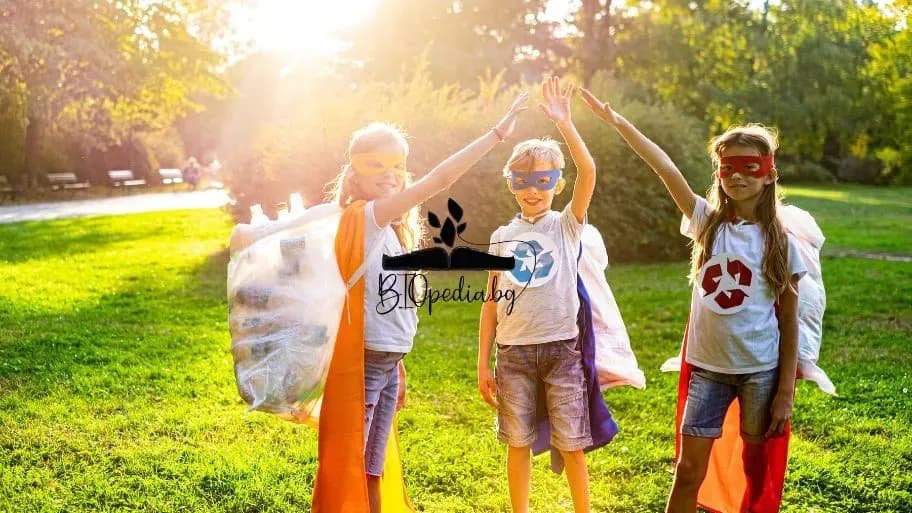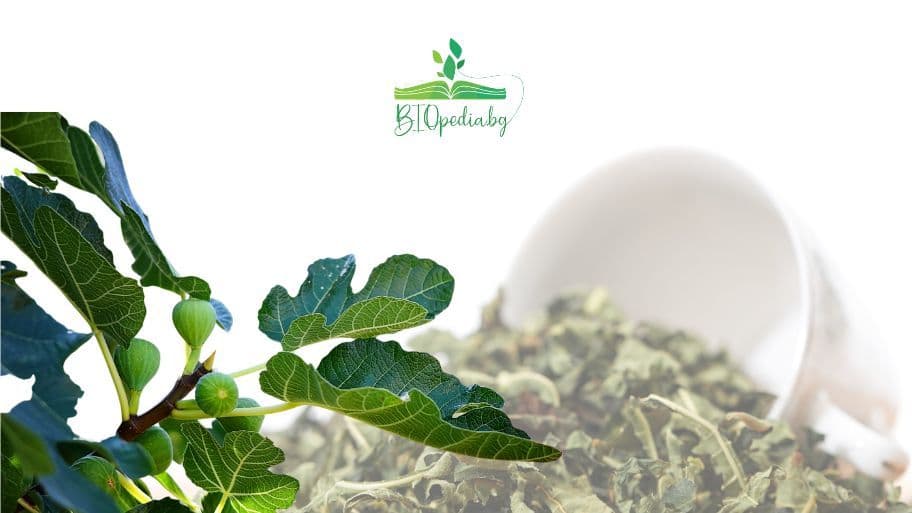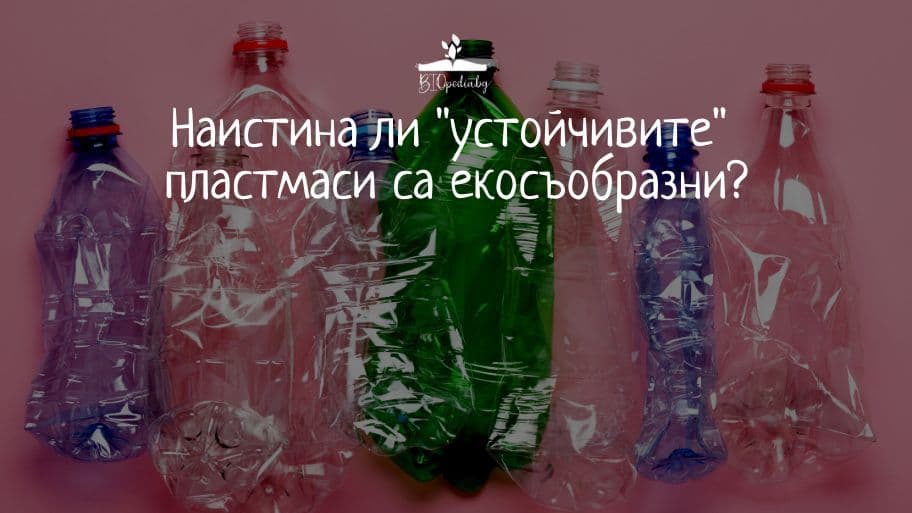Statistics and modern studies show that in industrialized countries, raising one child equals the consumerism and pollution that raising 30 to 50 children causes in developing countries.
Every mom and dad would boldly state that they want the best for their child. Why, then, is this 'best' not precisely the provision of a clean and healthy nature and environment for the child to enjoy as an adult? Discussions are increasingly beginning to focus on the importance and relevance of environmental education.
As a broad and umbrella term, environmental education could be summarized as all the ecological and environmentally friendly practices that a parent passes on to his or her child and turns into habits. Let us not forget that the first and most important example for children are their parents.

If you are a parent who is interested in environmental education and would like to learn how to pass on to your children the knowledge and ability to make more informed, sustainable and environmentally friendly choices, here is how to get started with nurturing this mindset from a very young age.
Environmental education - how to start?
So-called environmental education denotes and defines a way of life that involves making healthier and more sustainable choices that are usually organic, natural and low-polluting.
It may seem like too much work and stress at first, but it's actually not hard at all. Rather than trying to pedantically study and follow every environmental current, experts advise focusing on your child and the three most important things: what food they eat, what you use for their skin, and the air your child breathes.

Environmental education - positive change starts sooner than you think
That's right, positive changes should be made even before your child is born. This means that the pregnant mother wants to start making healthier choices and leading a healthier lifestyle even as the child grows inside her body.
A mother is well advised to make sure that her child grows in the best possible conditions, which means that the mother's body and organism should be the most wholesome and healthy environment possible for that child. It is important for the mother to reduce the consumption and absorption of toxins before conception and during pregnancy to ensure the baby's good health and reduce any risks.

Environmental education and breastfeeding
Another important stage of environmental upbringing during which it is crucial for the mother to change her habits to healthier ones is breastfeeding. In general, breastfeeding is considered the healthiest alternative for the child, but also the better choice from an environmental point of view. Breastfeeding reduces the amount of waste we create by buying products to replace breast milk.
Breastfeeding also affects the production and transport of these products and thus helps to reduce harmful emissions into the environment. Preparation for full breastfeeding should also begin even before the child is conceived. The more healthy and natural food a mother eats, the more she increases the chances of her child having a full and healthy diet.
Environmental education and nappies
One of the biggest discussions regarding environmental parenting and child rearing focuses on diapers. Statistics show that the use of disposable diapers leads to the creation of incredibly large amounts of waste. If parents want to avoid this, there are various alternative ways and diaper type products that they can opt for. First of all, there are disposable diapers that are biodegradable and more nature-friendly.
Environmental education and play
A child learns about the world in his own way. He is curious, wants to touch everything, taste and smell it. This is exactly what you should take into account as a feature when selecting the toys for your child to play with.
You don't want toys made of artificial materials and chemicals that pose risks to the tender organism to get into his mouth. The best choices for toys for your child are those that are made of wood or natural fabrics. Doing so will not only ensure your child's safety, but will also instill in them the mindset to make more nature-friendly and sustainable choices.

Raising a child in an eco-friendly way is not just the better and environmentally friendly choice. In many cases, it is also the healthier choice for our children. And our way of leaving these children with a cleaner, healthier and happier environment and nature to enjoy once they are older.





Comments